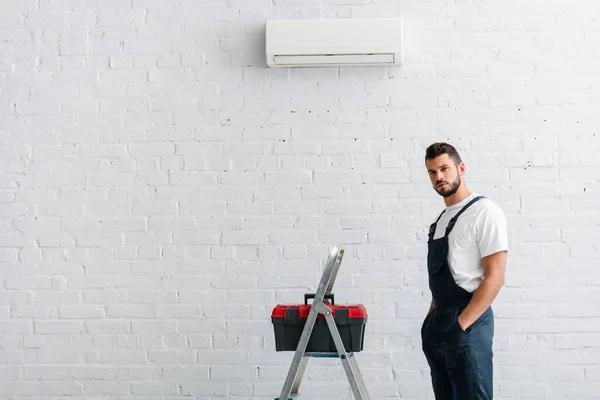Maintaining the optimal performance of your air conditioning HVAC system is essential for comfort and energy efficiency, especially during extreme weather conditions. By taking proactive steps to care for your unit, you can extend its lifespan and avoid costly repairs or premature replacement. Proper maintenance not only ensures reliable operation but also helps reduce energy consumption, which translates into savings on utility bills.
One of the most effective ways to preserve your HVAC system is by regularly replacing or cleaning the air filters. Dirty filters restrict airflow, forcing the system to work harder and increasing wear and tear on components. It’s recommended to check filters monthly and replace them every one to three months, depending on usage and environmental factors such as pet dander or pollen levels in your area.
Scheduling annual professional maintenance is another critical step in prolonging learn the facts life of your HVAC system. A licensed technician will inspect, clean, and tune up essential components such as coils, fans, refrigerant levels, and electrical connections. This preventive measure helps detect potential issues before they escalate into major problems while ensuring that all parts are functioning efficiently.
Keeping the outdoor unit clean and free from obstructions is equally important. Over time, debris like leaves, dirt, or grass can accumulate around the condenser unit outside your home. This buildup reduces airflow and impairs heat exchange efficiency. Regularly clear away any debris within two feet of the unit’s perimeter and gently rinse it with a hose if necessary.
Proper thermostat management also plays a significant role in extending an HVAC system’s longevity. Avoid setting extreme temperatures that force the system to operate continuously at maximum capacity. Instead, use programmable thermostats to regulate indoor temperatures based on occupancy patterns throughout the day.
Additionally, ensure that vents remain open in all rooms where cooling is needed; closing vents can disrupt balanced airflow across ducts while placing unnecessary strain on certain parts of the system.
Lastly, consider improving insulation in your home to reduce stress on your HVAC equipment by maintaining consistent indoor temperatures more effectively. Seal gaps around windows or doors where cool air might escape during summer months.
By following these simple yet crucial practices consistently over time—regular filter changes, professional servicing appointments annually along with proper thermostat settings—you’ll maximize both durability alongside overall performance thereby safeguarding long-term investments made towards household comfort systems!



